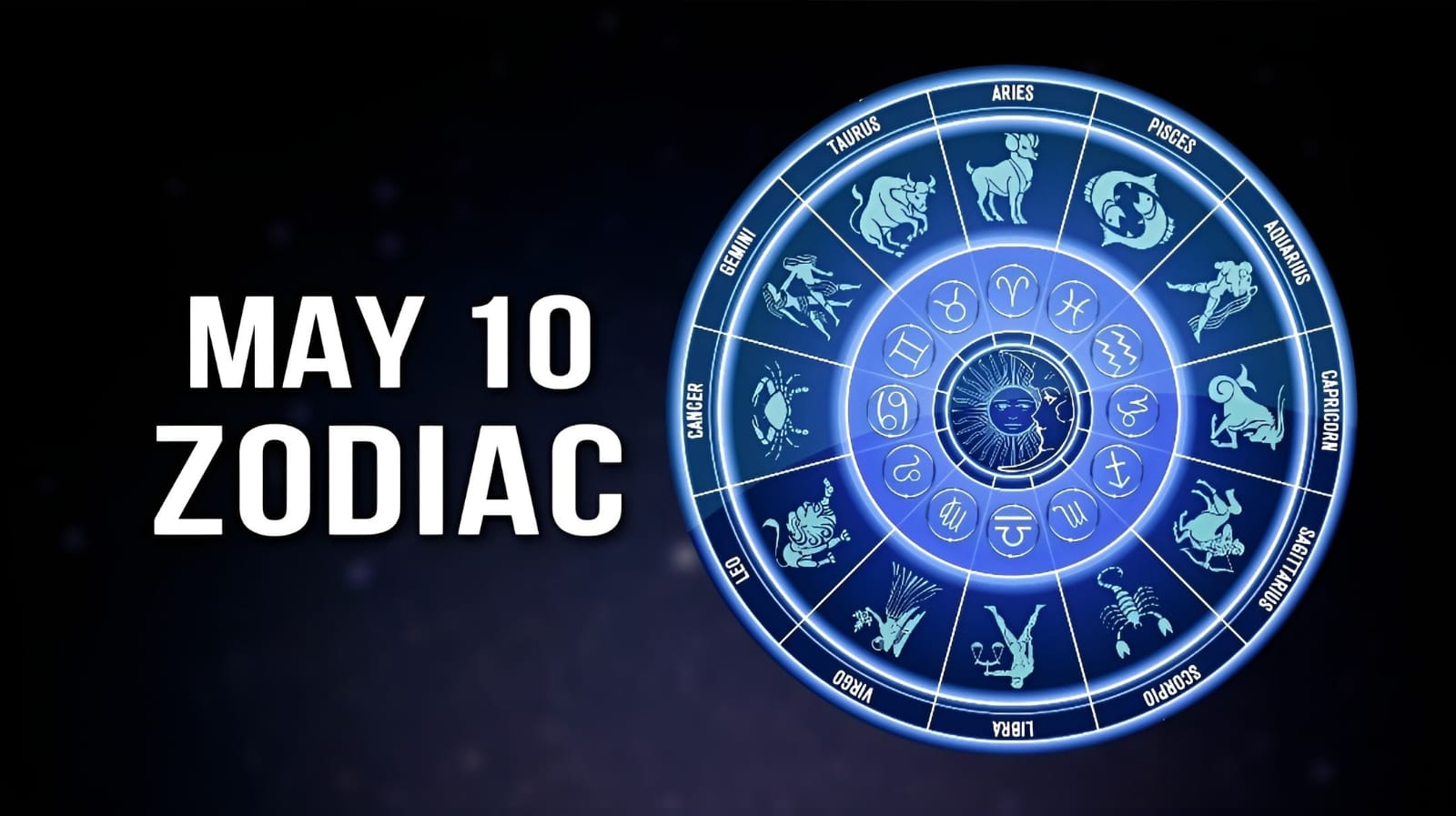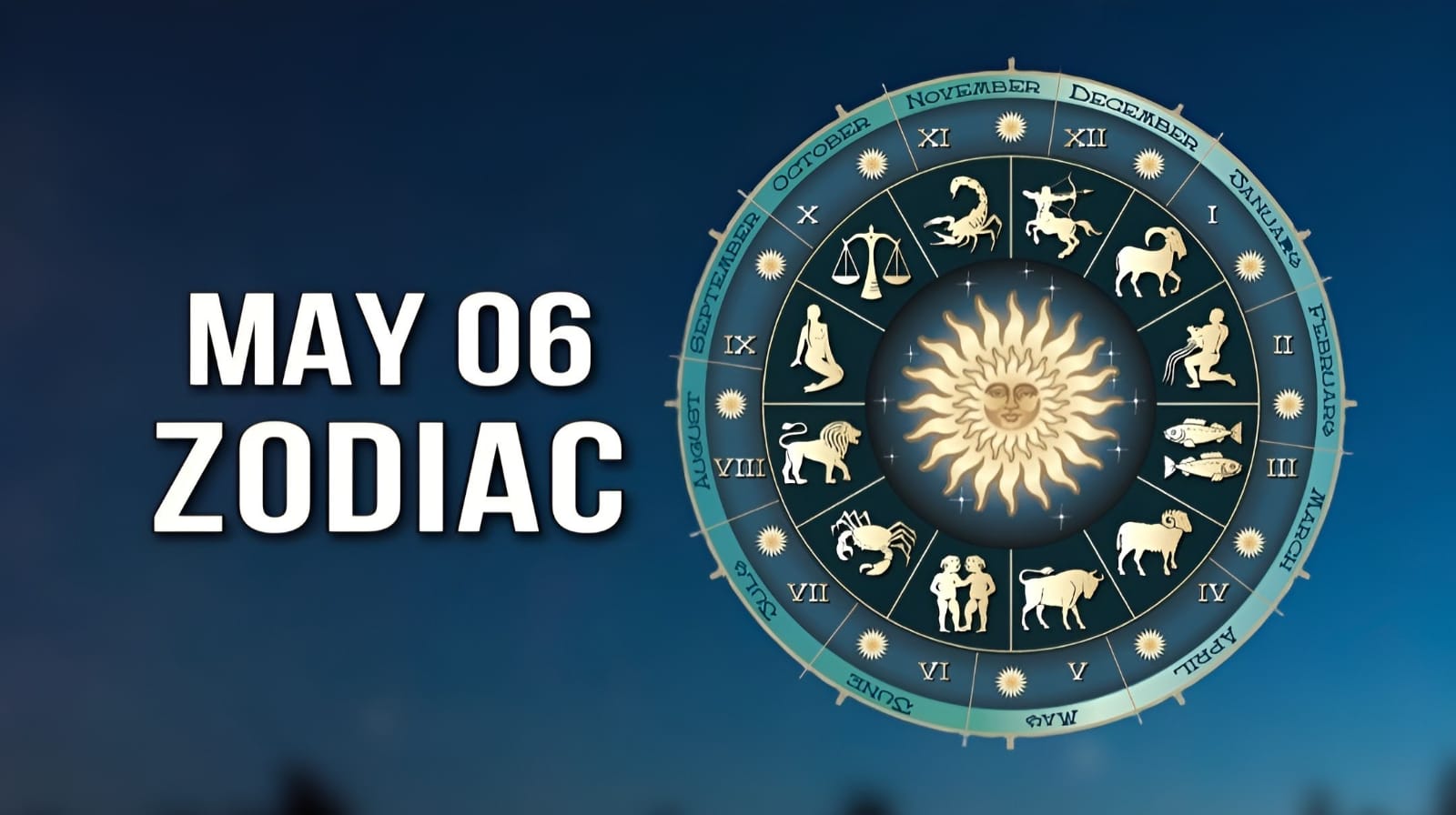Gaming has transcended from a mere recreational activity to an art form and a cultural phenomenon. One industry that has played a significant role in this shift is iGaming. Within the diverse realm of the internet, platforms like Guts stand out, offering a unique blend of entertainment and competition. The digital landscape, illuminated by the brilliance of interactive design and player engagement, is a testament to how far we’ve journeyed in redefining entertainment.
The Dopamine Effect: Riding the Wave of Rewards
The human brain is a fascinating organ, equipped with the unique ability to derive pleasure from various sources. As players traverse through the challenges of a game, completing quests or hitting jackpots, our brain releases dopamine, a neurotransmitter associated with pleasure and reward. This ‘dopamine high’ is intoxicating, urging players to revisit these platforms time and again. Furthermore, the continuous engagement with these platforms reinforces neural pathways, creating a loop of anticipation and satisfaction. As players anticipate the next achievement or challenge, the brain preempts the dopamine surge, strengthening the inclination to play.
The Social Component: More than Just Pixels
In the age of interconnectivity, online gaming isn’t merely about graphics, narratives, or jackpots. It’s about forging relationships. Players, hailing from diverse geographical locales, unite under the banner of a shared interest. They collaborate, strategize, and even form bonds that transcend the virtual world. Such interactions stimulate our inherent need for community and belonging, cementing the appeal of online platforms even further. In many instances, these virtual friendships evolve, spilling over to the real world and forming bonds that last a lifetime. The shared joys, challenges, and experiences in the game often serve as a foundation for deep-rooted connections beyond the screen.
Mastery and Achievement: Ego’s Digital Playground
The human ego thrives on achievement. Every conquered level, every vanquished enemy, every strategy mastered resonates with our innate desire to excel, to stand out. These victories, no matter how inconsequential in the real world, satiate our need for validation. For many, this digital realm offers a sanctuary, an alternate reality where skills can be honed, and accomplishments celebrated without the harsh judgments of the tangible world. As players progress, the game evolves in difficulty, constantly pushing them to grow and adapt. The satisfaction derived from overcoming these increasing challenges feeds into a cycle of commitment and dedication to the game.
Escapism: A Breather from Reality
In a tumultuous world laden with pressures and expectations, online games offer a respite. Whether it’s the lush forests of an adventure game, the glitzy interface of casino platforms, or the intricate mazes of a puzzle game, players are offered an escape route. A route where they can momentarily shed their real-world identities and immerse themselves into characters they resonate with or perhaps aspire to be. The digital landscapes not only offer escapism but also empower individuals to confront challenges in a controlled environment. Here, players can face fears, take risks, and indulge in adventures, all from the safety of their screens.
The Impact of Personalization
In the grand tapestry of online gaming, personalization has emerged as a crucial thread. Modern platforms harness data analytics and player feedback to tailor experiences, ensuring that each player feels uniquely catered to. This level of customization extends from game mechanics to narrative arcs, enabling gamers to carve out their own digital journey. As a result, players aren’t just passive recipients of content, they become co-creators of their gaming narratives, deeply invested and anchored to the platform. Moreover, this shift towards personalization underscores a broader trend in technology where user-centric design takes center stage. By prioritizing the individual’s desires and preferences, platforms not only enhance user engagement but also foster a deeper sense of loyalty and connection.
The Promise of Novelty: An Evolving Landscape
Repetition is often the death knell for human interest. However, the dynamic nature of online gaming, with its continuous updates, new levels, characters, and challenges, ensures that monotony never sets in. Developers, understanding the psyche of their audience, keep introducing newer elements, effectively baiting players into returning, curious to explore the latest offerings. As the boundaries between the virtual and real continue to blur, players are ensured an ever-enriching experience that keeps pace with their evolving preferences.






































